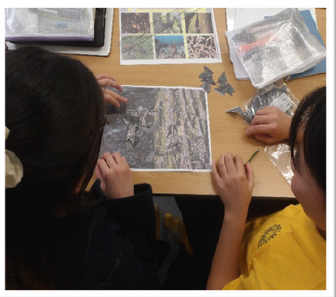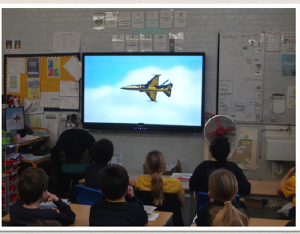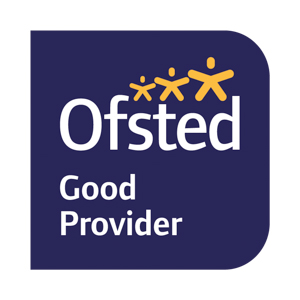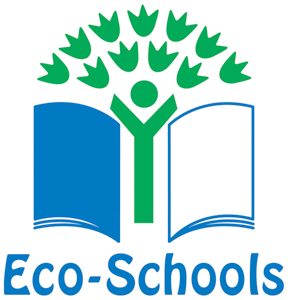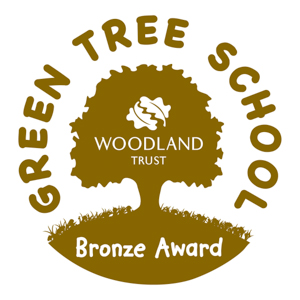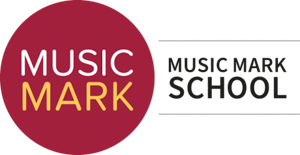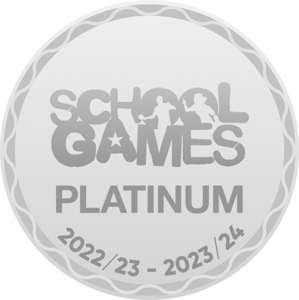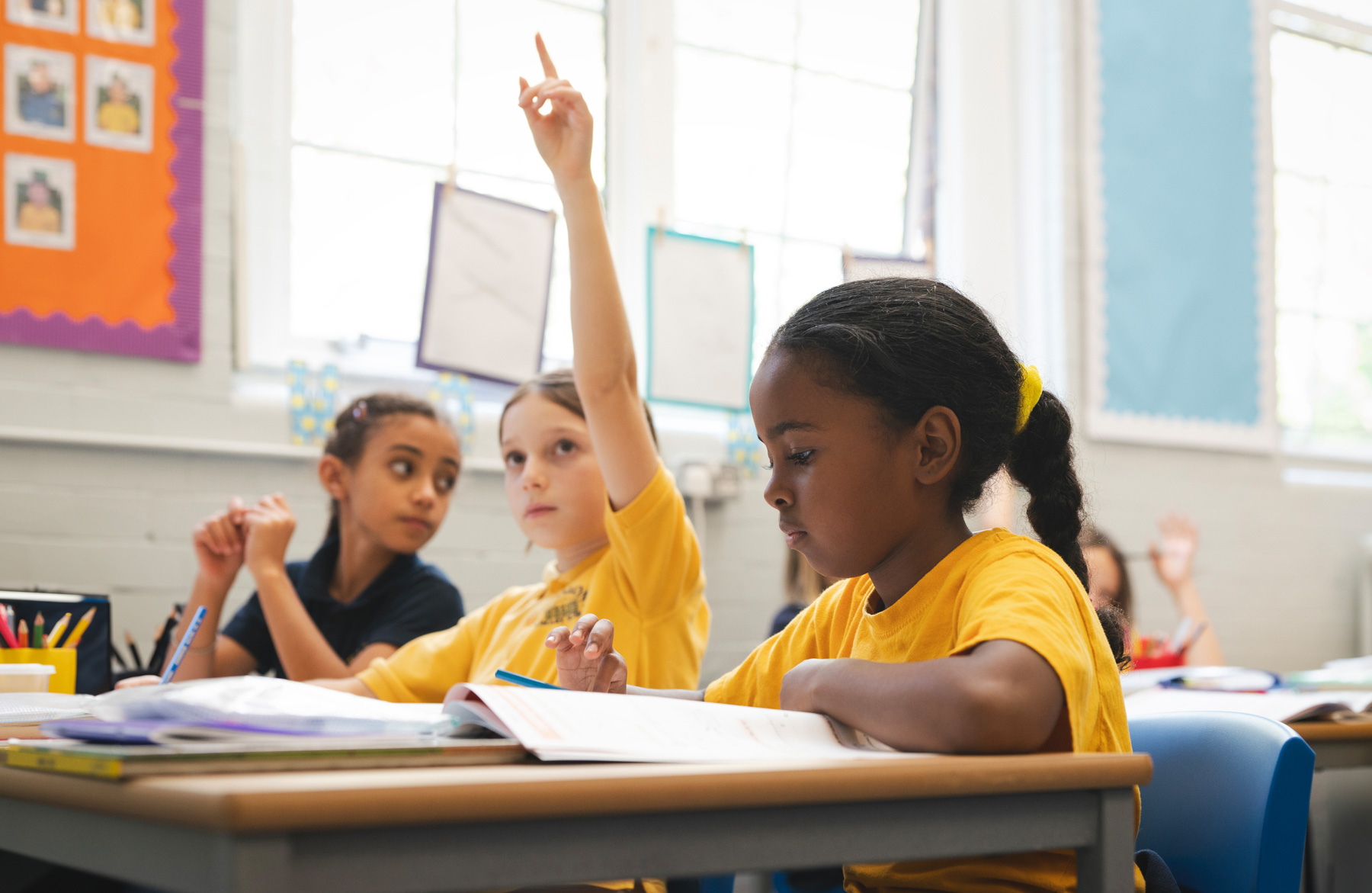
Little Wandle Letters and Sounds
We teach our children to read using the Ofsted approved and DfE validated Little Wandle Letters and Sounds Revised. This draws on the latest research into how children learn best; how to ensure learning stays in children’s long-term memory and how best to enable children to apply their learning to become highly competent readers. A prime focus for us is to instil and develop a love of reading for all learners.
All the children from Reception to Year 2 are assessed and then grouped to ensure that their phonics teaching is pitched at exactly the right level for each child. There will be daily phonics lessons and three guided reading sessions per week. The book that the children take home, will be the book that they have read that week in their guided reading group.
If you would like more information on how we teach phonics, for instance the way that we pronounce each letter sound please go to the dedicated phonics page here.
Children will be able to access three types of reading book at home:
A reading practice ebook. This will be at the correct phonic stage which children should be able to read fluently and independently.
Reading For Pleasure sharing books. The children will not be able to read these on their own. They are books for child and parent to read and enjoy together. In order to encourage children to become lifelong readers, it is important that they learn to read for pleasure. The children will visit the Library once a week and be able to choose a book that appeals to them. This could be fiction or non-fiction. They will also be able to pick their favourite story book from the selection of recommended reading books that the children have access to in their class.
Library books. The children will have access to the library every week. The children choose a book from the library to take home with them. They can keep this book for a week. They then bring it back and swap it for a new book.
| 2020 | 2021 | |
| Y2 Phonics Screening | 100% | 96% (of 56 children as 4 absent) |
| Y2 Phonics average score | 38.5 | 37.5 |
Here are videos showing the phonemes that are taught during Reception and Year 1.
English as an Additional Language (EAL)
Over half of our children have English as an additional language (EAL), many speaking three or more languages in their daily life. In 2019, our annual census showed 48 languages other than English spoken by members of our School population. We acknowledge the value of children being fluent in more than one language and the additional dimension it brings to children’s social and cultural development. Our ‘Language of the month’ initiative celebrates this diversity. Children throughout the School have the opportunity to explore other languages and learn and practise basic vocabulary such as greetings, numbers etc., often modelled by other children or adults within our community.
We carefully monitor and track the progress of pupils with EAL to ensure they are not disadvantaged and recognise that a number of our children require additional support to acquire the same competence in English as in their home language(s). This support is provided in class through carefully differentiated work and, where appropriate, through the additional support and specific teaching of our teacher with responsibility for EAL pupils, or one of our team of teaching assistants.
Associated policies:
- Equality Information and Objectives
- Quality of Education Policy
- Early Years Foundation Stage Policy
